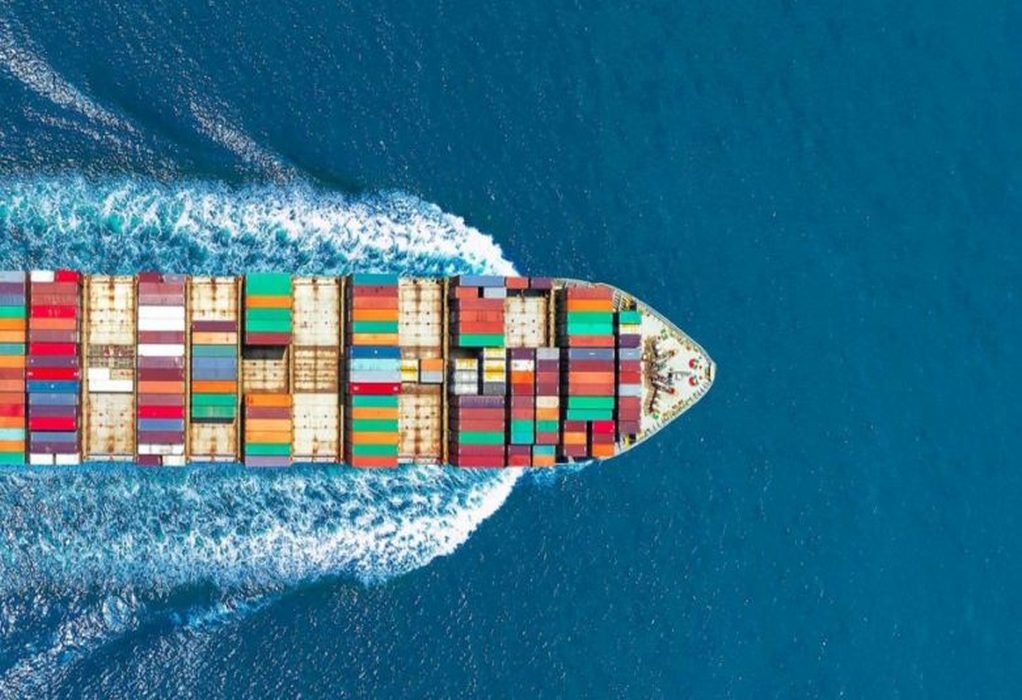The potential for carbon markets and pricing to reshape global shipping, as well as the impact of the emerging hydrogen and carbon value chains, are explored in-depth in the latest support for the industry’s decarbonization ambitions from ABS.
The groundbreaking analysis is at the heart of the fourth edition of the ABS Setting the Course to Low Carbon Shipping series, as well as insights on the industry’s progress to low- and zero-carbon operations.
“We are in the early innings of a decade of change for our industry and this latest outlook shows just how extensive and rapid that change is going to have to be if we are to meet 2050 objectives. We will need both hydrogen and carbon value chains to mature and scale up rapidly and, as this report also makes clear, shipping, in all its forms, is going to be a critical enabler of that transition. Now, we need governments to step in with policies to accelerate development of low-carbon solutions and secure the proper infrastructure for their distribution,” said Christopher J. Wiernicki, ABS Chairman, President and CEO.
Setting the Course to Low Carbon Shipping: Zero Carbon Outlook is the fourth in a series of outlook documents published by ABS to showcase the latest decarbonization research and thinking. Each has focused on a different aspect of the sustainability challenge, including the impact of energy and commodity trends on the global fleet and a detailed life-cycle, or value-chain, analysis of the greenhouse gas (GHG) footprint of the leading alternative marine fuels.
The 2022 Outlook also introduces the Net Zero Navigator, a design for a liquid hydrogen carrier, approximately 80,000 m3 in capacity. The design utilizes NASA hydrogen storage technologies to reach such scale as well as hydrogen fuel cells and batteries, which were used for power generation on the space shuttle. It features a pioneering project between ABS and Herbert Engineering Corp. to develop conceptual ship designs related to the transport of liquid CO2 as well as explore the challenges of carbon capture and storage on board conventional fossil-fueled cargo ships.
“The 2022 Outlook provides a perspective on how new regulations, paired with carbon pricing and the development of new global hydrogen and carbon industries, are going to radically change the shape of our industry in the decades to come. Carbon economics is emerging as a major new force in our industry and ABS is committed to helping owners and operators get ahead of these changes and plan their fleets to thrive in the new paradigm,” said Georgios Plevrakis, ABS Vice President, Global Sustainability.
Source: ABS
Tags: ABS, Carbon, Decarbonisation, Hydrogen, Low Carbon Shipping



Recent Posts
Greenlyte and MB Energy sign strategic e-methanol offtake agreement
CSDC and TECHNOLOG forge alliance to drive green, smart shipbuilding
DPA Kandla invites bids for India’s first port-based bio-methanol plant
Green & Digital Maritime Corridors Dialogue’ at JNPA sets stage for India Maritime Week 2025
Thermax partners with HydrogenPro for alkaline electrolyser systems in India
PIL Conducts First Simultaneous Cargo and LNG Bunkering in Singapore
NYK Takes Delivery of LNG-Fuelled Capesize Bulker SG Dawn
Swire Shipping joins Achilles Maritime Network to strengthen supply chain sustainability and compliance